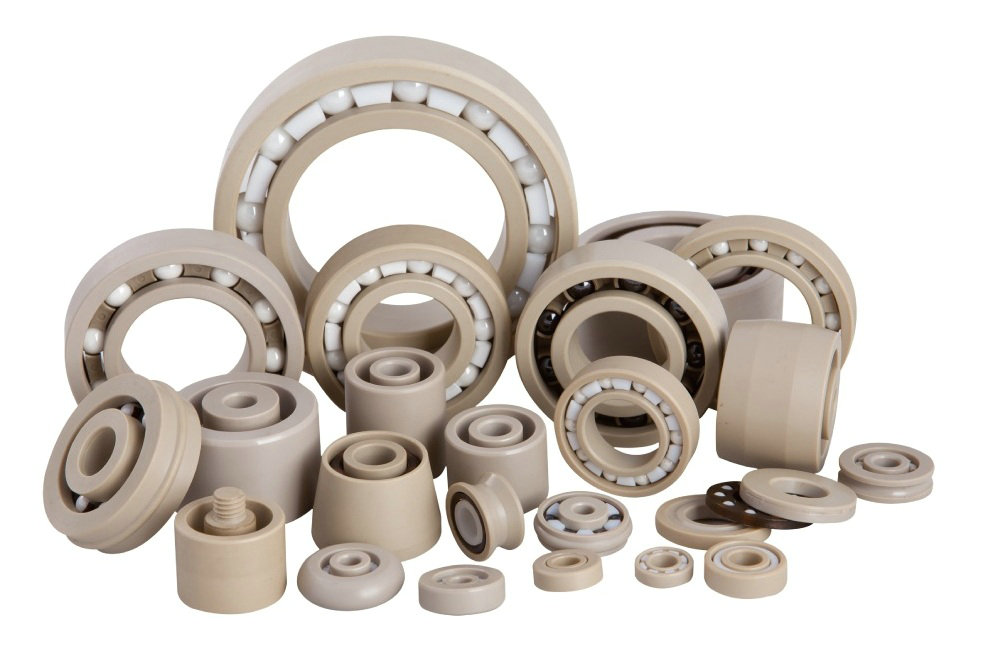
Bearings play a foundational role in modern mechanical systems. They support rotating shafts, reduce friction and wear, transmit loads, and help maintain precision and operational stability. Whether exposed to high temperatures, high speeds, low temperatures, or heavy loads, bearings must deliver reliable, consistent performance.
Traditionally, most bearing systems rely on lubricating oil or grease. Lubricants create a protective film between the shaft and the bearing surface, lowering friction, reducing energy loss, and minimizing wear. They also help dissipate heat generated during operation and act as a barrier against corrosive environments, extending equipment life.
But lubrication also comes with pain points. Inadequate lubrication, contamination, or poor maintenance can cause overheating, excessive wear, or even bearing seizure. These failures result in equipment downtime, production interruptions, and significant economic losses. Globally, industries spend billions of dollars each year not only on lubricants, but also on downtime caused by lubrication-related issues.
To address these limitations, manufacturers have begun turning to high-performance engineering materials. Among them, PEEK (polyether ether ketone) has emerged as a standout candidate for self lubricating bearing designs. With exceptional mechanical strength, wear resistance, and chemical stability, PEEK enables reliable operation even without added lubrication.
1. No External Lubrication Required
PEEK bearings contain a naturally self lubricating molecular structure that forms a lubricating film during motion. This allows for oil-free, maintenance-free operation, significantly reducing consumption of traditional lubricants.
2. Longer Service Life and Higher Reliability
Optimized for wear resistance and stability, PEEK self lubricating bearings can operate smoothly in environments involving vibration, dust, moisture, low temperatures, or high temperatures. This extended durability helps reduce replacement frequency and long-term maintenance costs.
3. Energy Saving and Carbon Reduction
With a lower friction coefficient and lighter weight, PEEK bearings can decrease equipment energy consumption and contribute to lower emissions in industrial systems.
Key Application Fields for PEEK Self Lubricating Bearings
Water-handling equipment
Metal bearings easily rust or corrode in wet environments. PEEK, however, performs well in direct water exposure, with no risk of swelling, softening, or performance loss. This makes it ideal for pumps, valves, marine components, and similar applications.
Food and pharmaceutical machinery
PEEK bearings can run stably without lubricating oils, preventing contamination and supporting clean, hygienic processing environments.
High-temperature and aerospace equipment
PEEK maintains excellent strength and dimensional stability under high temperatures and high-speed friction, making it suitable for aerospace mechanisms, sliders, and precision transmission systems.
Smart equipment and automation systems
Automation machinery requires long life and minimal downtime. Adopting PEEK self lubricating bearings helps reduce maintenance frequency and increase operational efficiency.
Toward Greener, More Efficient Manufacturing
The shift from conventional lubrication toward self lubrication represents not just a technical upgrade but a commitment to sustainability, efficiency, and environmental responsibility. By reducing resource consumption and pollution, PEEK self lubricating bearings support long-term reliability and help move industrial systems toward greener, cleaner manufacturing practices.